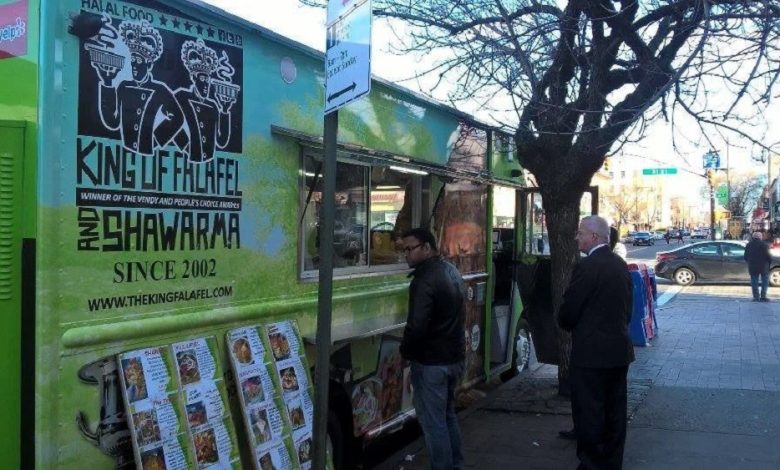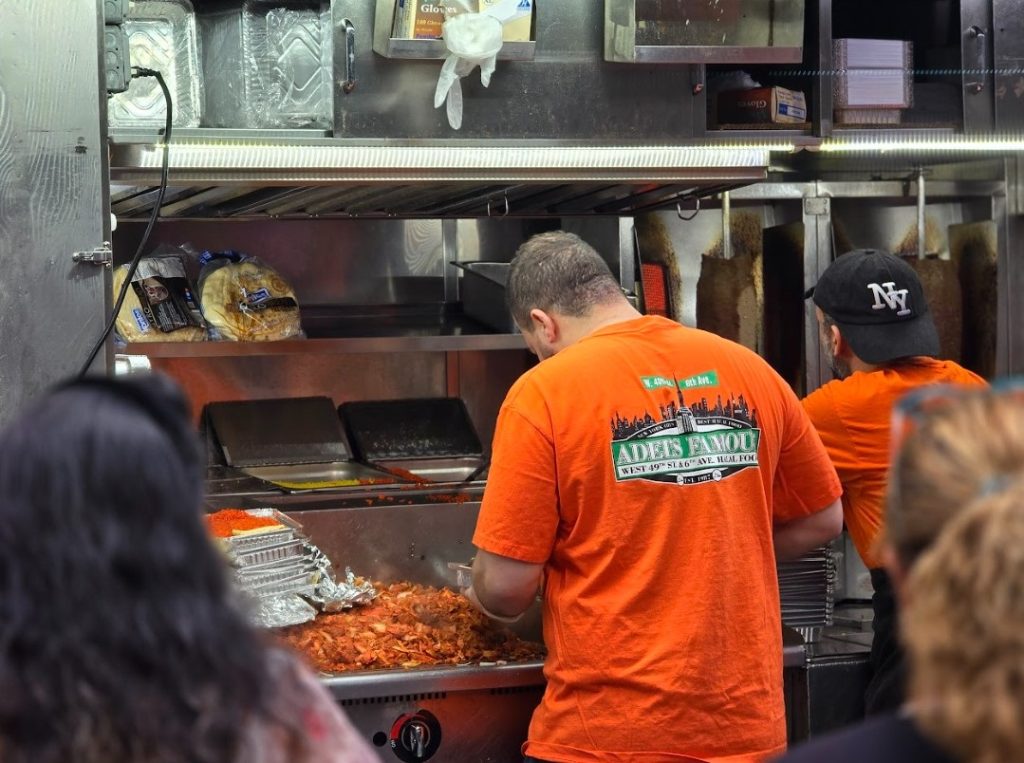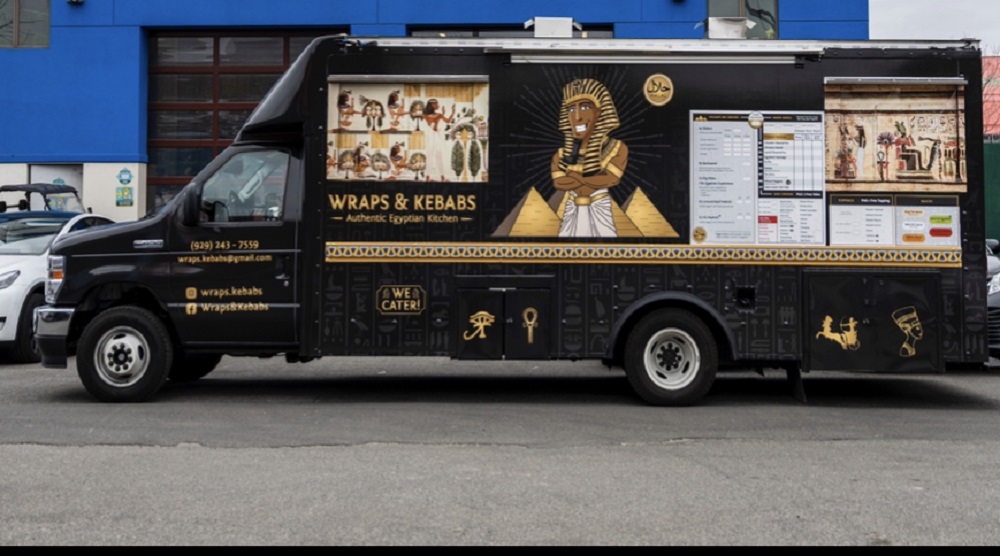The Rise of Halal Food Trucks in America: Flavor, Faith, and Street Culture
Explore why halal food trucks are booming in U.S. cities, from authentic shawarma to biryani, and how they shape America’s culinary diversity.

If you’ve walked through major U.S. cities recently—New York, Chicago, Los Angeles, or Houston—you’ve likely noticed the growing presence of halal food trucks. These mobile kitchens serve everything from Middle Eastern shawarma and falafel to Indian biryani and sizzling kebabs. Once a niche service catering primarily to Muslims, halal food trucks have now captured the hearts (and appetites) of Americans from all backgrounds.
What Is Halal Food?
The term halal comes from Arabic, meaning “permissible” or “lawful.” In the context of food, it refers to dietary guidelines followed by Muslims, including:
-
Prohibited items: pork and alcohol.
-
Slaughtering method: animals must be slaughtered according to Islamic principles.
-
Approved sources: only specific animals (such as chicken, beef, lamb, and certain seafood) are considered halal.
This ensures not just compliance with religious standards but also an emphasis on cleanliness, ethical sourcing, and humane treatment of animals.

Why Are Halal Food Trucks So Popular?
The popularity of halal food trucks in the U.S. is tied to several cultural and economic shifts:
-
Growing Muslim Population – With millions of Muslims now living in the United States, the demand for halal food options has surged.
-
Mainstream Appeal – Non-Muslims are increasingly drawn to halal dishes for their bold flavors, fresh ingredients, and healthier preparation methods compared to fast food.
-
Food Truck Trend – According to IBISWorld, the U.S. street vendor and food truck industry continues to expand, fueled by consumer demand for diverse, affordable, and global cuisines.
-
Entrepreneurship – For many immigrants and small business owners, food trucks provide a more accessible entry point into the food industry compared to traditional restaurants.
Most Popular Halal Street Dishes
Halal food trucks offer an impressive variety of dishes, but a few items stand out as fan favorites:
-
Falafel: Crispy balls or patties made of chickpeas or fava beans, served with tahini or hummus.
-
Shawarma: Spiced meat (often chicken, beef, or lamb) roasted on a vertical spit, shaved, and wrapped in pita with sauces and vegetables.
-
Kebabs: Skewered and grilled meats marinated in rich spices.
-
Biryani: A fragrant rice dish layered with meat, vegetables, and aromatic spices.
-
Halal Platters: Popularized by New York vendors, these combine rice, grilled meats, salad, and signature white and red sauces.
Cultural and Social Impact
For Muslims, halal food trucks represent more than a meal—they’re a way to practice faith while on the go. For others, they’re an entry point into diverse culinary traditions. This trend also highlights the role of immigrant communities in shaping America’s food identity, blending tradition with innovation.
Moreover, halal food trucks contribute to cultural representation in public spaces, encouraging interfaith dialogue and deeper appreciation of diversity.

Final Thoughts: More Than Just Street Food
Halal food trucks are more than a passing trend—they’re a symbol of how cultural traditions enrich American society. From quick lunch breaks to late-night cravings, they offer something for everyone: authentic flavors, affordable meals, and a taste of global heritage right on the city streets.



